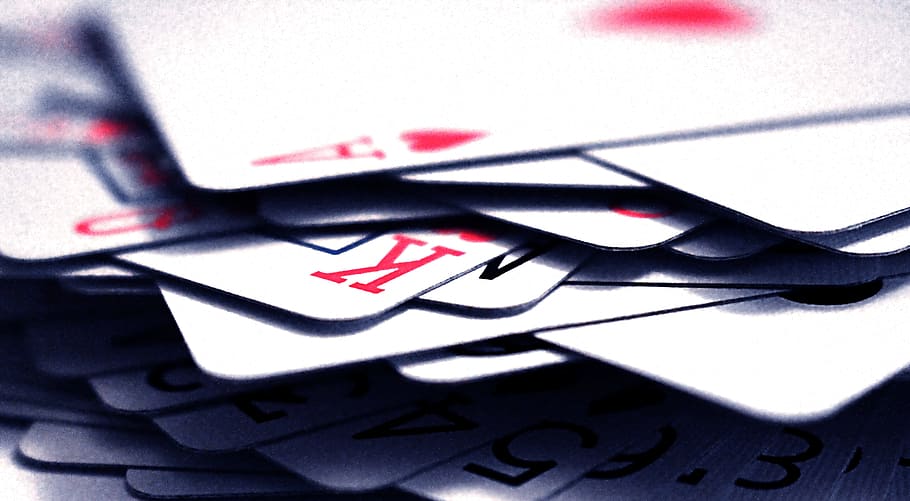Whether you’re hoping to start entering (and more importantly, winning) tournaments or you simply want to impress your friends at your next poker night, there are a few tips and tricks of the trade that can help you succeed at poker. Luckily for you, we’ve shared them here.
Visit this site for your pick of poker games, and if you follow the advice we’re about to give, you’ll be sure to succeed!
1. Play Fewer Hands More Aggressively
Playing too many hands too soon can bleed your chip stack till you’re almost dry, so it’s better to take a more aggressive approach where you play fewer but stronger hands.
By playing aggressive hands from the outset of the game, your opponents won’t see your strongest hands coming meaning they’ll be less prepared to outsmart you. This will make you a much more fearsome adversary and guarantees a greater chance of success.
2. Adopt a Consistent Strategy
Playing to your strengths is your best bet in poker, so stick to your winning strategy and you’ll quickly become a worthy opponent. You know what they say; if it ain’t broke…
There’s a reason most professional poker players spend years crafting their performance, and it’s inadvisable to switch up your game plan just for the sake of trying something new.
3. Attack Any Signs of Weakness
It’s important to keep your own poker face on, but you should simultaneously be scanning your opponents’ faces for any signs of weakness. When you spot one, it’s time to attack.
Keep an eye out for some of the tells that suggest a weak hand, including the following:
- A rigid stance or holding in their breath.
- Trying to stare you down too convincingly.
- Not looking after their hold cards.
- Rapid eye blinking.
- Consciously checking hold cards after the flop.
So, if you see any of these occurring around the table, you’ll know when to make your move.
4. Know When to Fold
Knowing when to fold is another key aspect of improving your overall poker game, and this is what separates the amateurs from the pros. Aces lose too, so don’t hold onto them for their perceived value. In certain sticky situations, sometimes it’s better to just let them go.
For example, if your opponent is playing tight, not entering a pot, and raises out of the blue, it may be in your best interest to fold.
5. Most Importantly, Only Play If It’s Fun
When the fun stops, stop. It doesn’t matter if you’re playing professionally or for your own pleasure, playing past the point of enjoyment is one way to ensure you’re not on top form.
You’ll play your best poker games when you’re genuinely happy, whereas stress, frustration, and fatigue can all affect your performance and could even end up losing you money.
The best advice we could give is: If you’re not happy to lose it all on the first hand you play, walk away. It might sound unlikely, but it can and does happen, so consider if it’s worth it.






